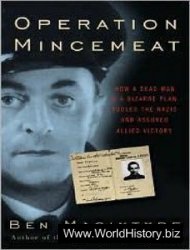The Transylvania Company buys a large tract in Kentucky from the Cherokee Nation; Cherokee warrior Dragging Canoe refuses to recognize the sale and vows to kill any whites who settle the claim.
Religious leader Ann Lee migrates to the American colonies, where she founds Shaker societies.
Parliament passes the Coercive Acts in an effort to force colonists to recognize Parliament’s sovereignty. Known in the colonies as the “Intolerable Acts,” they consist of the Boston Port Bill, which closes the port; the Massachusetts Government Act, which curtails colonists’ participation in local government; the Administration of Justice Act, which permits the Crown to choose the location of trials; and the Quartering Act, which compels colonists to pay for the housing of British soldiers enforcing these laws.
The Quebec Act of 1774 grants territory west of the Appalachians to Canada.
The First Continental Congress meets in Philadelphia to form a unified response to the Coercive Acts and assumes a supervisory role in Massachusetts’s resistance.
Continental Congress unanimously endorses the Suffolk Resolves, which declare the Coercive Acts “murderous” and recommend economic sanctions against Great Britain.
Continental Congress unanimously approves an economic boycott of Great Britain, Ireland, and the West Indies. The congress forms the Continental Association to execute this “non-importation, non-consumption, and nonexportation agreement.”
Continental Congress debates and approves a petition to King George III declaring colonists’ rights and grievances.
Virginia royal governor John Murray, Lord Dunmore defeats the Shawnee in Ohio Territory in Lord Dunmore’s War.
Pennsylvania Quakers found the Pennsylvania Abolition Society, the first antislavery society in the colonies.




 World History
World History









